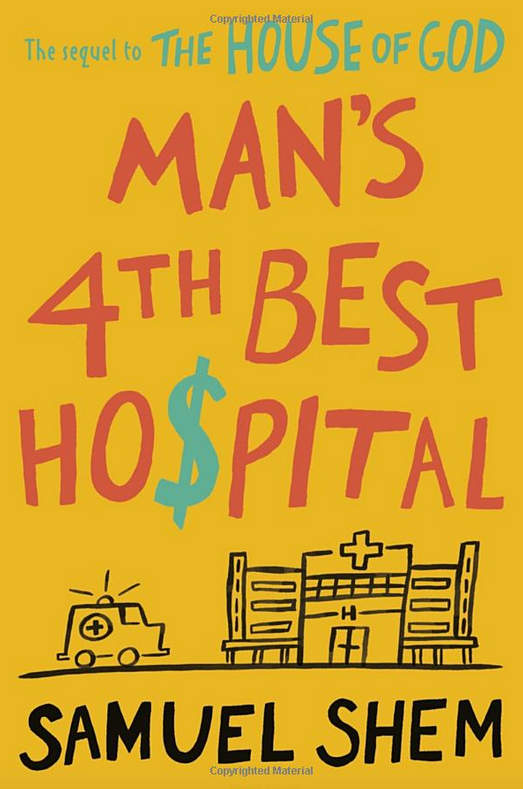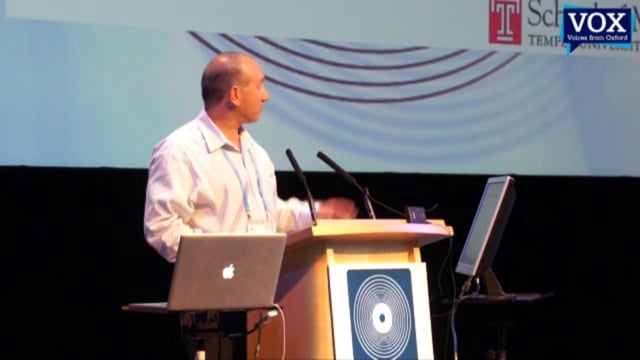
Best-selling author of The House of God, and its successor Man’s 4th Best Hospital has sent VOX a further and very moving post. How we Heal relates the author’s — Stephen Bergman (aka Samuel Shem) — direct encounter with the deadly coronavirus. He writes “We healthcare workers also need healing. We work in a war zone, scared of being hit with the virus. Many of us work in the fog of exhaustion, depressed, on edge and angry.” Read on ———
Samuel Shem, M.D., Ph.D. April 29, 2020
I’m a 75-year-old doctor/writer who caught the corona virus sometime the first week of March, in appearances for my new novel at hospitals and medical schools in the Bronx and Brooklyn. Back in Boston, I gifted it to my wife. After a scary six weeks—we docs know too much to not be scared—I and she have recovered, mostly. In addition to the physical symptoms, the fear was intense. Every shiver is “fever,” every cough echoes with “ventilator.” Our doctor’s fortitude and denial struggles with our having seen the worst of illness and death. We may suddenly break out in dread.
To heal patients and ourselves. The healing “we”.
“Heal” can mean “heal others,” and at the same time mean “heal ourselves.” At our best as doctors, nurses, and other healthcare workers, when we use our expertise and kindness to heal others, we also feel healed. There is a sense of mutual connection. Each person feels more energy, more a sense of being valued, understood, and finally, more empowered to take action. Good connection is good medicine. Even now, with a savage disease treated with intubations and ventilators, when we do our best our whole team is lifted up. To see a success, bringing a patient back from the edge of death to being wheeled out to their loved ones? A moment of gratitude for all.
Attending at the deaths, horrible as that is, can be a profound connection. Often with death near we may feel frustration and sadness. But sometimes this sadness softens into the healing moments of sorrow, and we come to understand. Sorrow and understanding are, in a way, the same thing. The healing “We.”
Being with patients who otherwise would die alone is hard. But if we don’t shy away, it can be part of our healing, even our “calling.” When the heart stops and we drop the hand onto the bed, we may feel a strange gratitude. After all, this is the job we chose. Many of us became doctors to be present with patients at the worst times in their lives, walking them through suffering, providing solace. Compassion means “suffering with.”
We healthcare workers also need healing. We work in a war zone, scared of being hit with the virus. Many of us work in the fog of exhaustion, depressed, on edge and angry. Insomnia, anxiety, distraction, GI distress, fear. Suicides are starting to appear. We ask ourselves, “Am I edging into PTSD?” We do shifts in heightened states, barely making it through endless tough situations. How to survive?
Isolation is deadly, connection heals. Stick together. At those crucial times when all we want to do is get away and hide, we have to move in the opposite direction, and ask for help. Help from our local healing “we.”
The stories we tell of this plague will shape the rest of our lives. “Where were you,” we will be asked, “during the pandemic?”
To heal our healthcare system.
There is a certain genius to the practice of 2020 medicine, in the ways that science and technology have come into their own. We can do astonishing things to heal patients. But this epidemic has made clear that our healthcare system is broken. The statistics—America’s dismal rankings on the world lists, and at the highest costs—are undeniable. Despite our endless training and our amazing tools and competence, we health care workers have not been supported in ways to do our best job. Sadly, American “public health” is on a ventilator. The poor and disadvantaged are dying at much higher rates than any other group. We doctors and nurses heal in spite of the system in which we work. Plastic garbage bags for protective gowns? Multi-use masks—infected? No national system of testing and tracing? Still? The presidential response to this? Keep the test numbers low, and the Dow Jones high.
The bad news is loud and clear. There is no real safety net. Unneeded death often wins.
But in history there is hope. This crisis in national healthcare is our opportunity to finally get it right for all. Impossible?
I and my generation grew up in the 60s. By sticking together we put the civil rights laws on the books and ended the Vietnam War. Now, good health care seems not only possible, but inevitable. This is the new generation’s wake-up call. Healthcare justice will come, it’s just a matter of how bad it will get before we heal it. Doctors, nurses, hospitals, patients, all with the shared goals of good care for all, will not be denied. Insurance executives beware.
To heal our country.
Our country has been ripped apart by a president who cannot fathom our healthcare workers’ core of caring, our vow “to relieve pain and suffering,” spelled out in our Hippocratic Oath. It is time for us citizens to use our differences not to divide us, but to make good connections between us—as we doctors, nurses, and others are doing every day and night on the front lines, each helping all, doing remarkable things in this plague.
In surveys for the coming election, the “two most important issues” are l) healthcare, and 2) healthcare. What better issue for us to lead? To stick together and use our front-line-informed energies to get what we and all Americans need: good healthcare for all.
Never again do we want to hear the last words of a terrified patient be, “Who’s going to pay for this?”
The moment is upon us, bright and clear as moments ever get: of death, of life. If we stick together in mutual relationship, attracting millions to our shared cause, our shared plight—we will heal.
Samuel Shem is a Professor of Medicine in Medical Humanities at NYU Grossman Medical School, and author of the novels The House of God and the just published sequel, Man’s 4th Best Hospital.
Previous post from Samuel Shem: Why do we walk toward danger?



